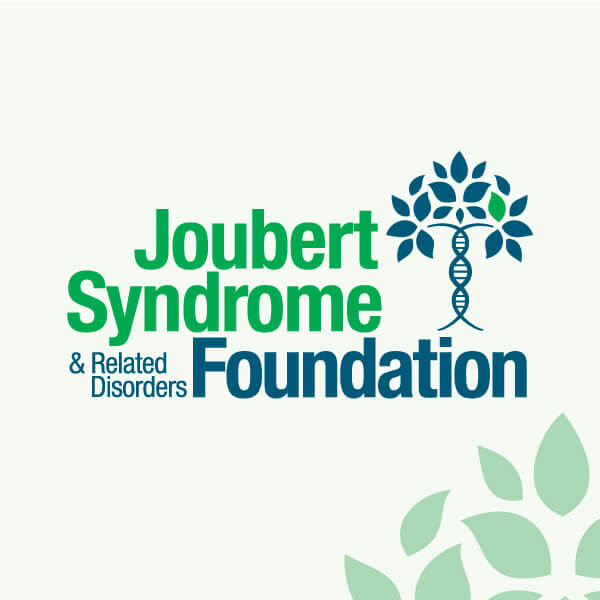***UPDATE*** The University of Washington is looking to collect information about anyone with Joubert Syndrome who has tested positive for the new coronavirus so they can learn more about how it affects people with JS and provide better recommendations to the JS community. To participate, email joubert@uw.edu. All information would be strictly confidential and be used only for research purposes.
Ask Dr. Dan is a blog series featuring Dr. Dan Doherty, who since 2004 has been researching Joubert Syndrome through the University of Washington Hindbrain Malformation Research Program. He has agreed to answer general questions about JS posed by people with JS, their families and their caregivers. Email your questions to info@jsrdf.org. Be sure to note that your question is for Ask Dr. Dan.
Does the new coronavirus affect people with Joubert Syndrome differently than the general population?
Currently, there is no evidence that this new coronavirus affects people with Joubert Syndrome differently than the general population, so we should be treating people with JS similarly to other populations. The main risk factors for severe illness are old age and pre-existing lung, heart, or other chronic medical conditions. Most people with JS are not in these highest risk groups. Chronic respiratory problems, mechanical ventilator dependence, and people undergoing immunosuppression to prevent the rejection of transplanted organs are definitely associated with increased risk. JS-related kidney or liver involvement would not be expected to have a big effect on the severity of COVID-19 (the respiratory disease caused by the virus), though severe kidney or liver disease may increase risk.
We have no information indicating that people with JS have weaker immune systems, but they may get hit harder by some illnesses due to hypotonia or other medical issues. A small subset of people with JS seems to be more prone to fever, even without any illness at all.
Do note that research to understand the virus and the associated medical issues is still in progress. The details of how the virus is transmitted are not fully known at this time. The virus likely spreads in ways similar to other respiratory viruses: through droplets in the air and through contact with hands and other surfaces where the virus can survive. It is clear that the virus causes symptoms that range widely in severity from no symptoms to severe respiratory problems. It is also clear that it is highly transmissible, and that elderly people and those with pre-existing respiratory conditions are at the highest risk for severe disease.
What preventative measures can I take?
All of us should practice good hygiene (https://www.cdc.gov/coronavirus/2019-ncov/about/prevention.html), and until more is known, we should avoid crowds, unnecessary physical contact, and close proximity to other people. In particular, people with symptoms (especially cough and fever) should isolate themselves and get tested as soon as possible. Even if the virus continues to spread, it is important to delay and spread out the infections as much as possible. This will help limit the total number of people who become infected and avoid overwhelming the healthcare system with severely ill patients.
Should I keep my child out of school?
All decisions involve weighing the risks and benefits of each option. Schools pose an infection risk because they house large numbers of people who might carry infections, so keeping a child out of school may reduce the risk of infection. However, keeping a child out of school has consequences for the child’s learning and for the parents’ ability to work. In addition, some children depend on school for meals and other supports, so keeping children out of school can have adverse consequences. If your child with JS is otherwise healthy, it is reasonable to follow the recommendations of your local school district for other students. If you have concerns, talk to the school, your primary care provider, or your public health department.
When should I call a doctor?
If you’re concerned that you or your child might be developing COVID-19, call your primary care provider or your local health department, so that they can help you figure out the best course of action. In general, it is better for mildly ill patients to stay away from clinics and hospitals to avoid overwhelming the healthcare system and to minimize viral transmission.
As always, if you are concerned that you or your child are getting severely ill, visit the emergency room or call 911. Please describe the symptoms in advance, via phone, if you believe they are related to COVID-19.
More information
This is a very rapidly changing situation, so please refer to the Center for Disease Control website (https://www.cdc.gov/coronavirus/2019-nCoV/) and the Public Health Department in your area for information about COVID-19.
Stay healthy, use good hygiene, and limit your contacts to halt the spread of the virus!


